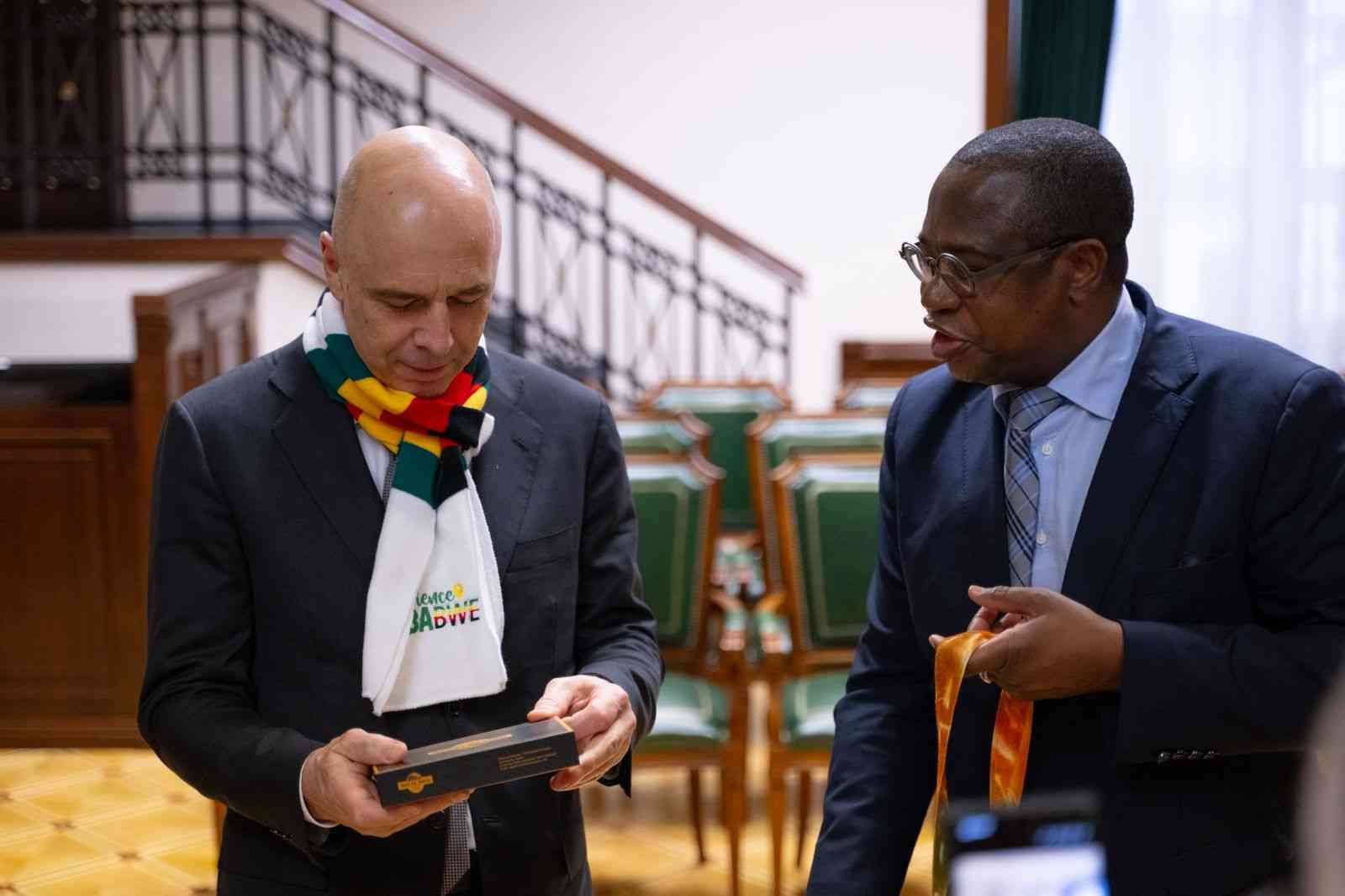
A WORLD Bank mission team is in the country to conduct Zimbabwe’s first Consumer Protection and Financial Literacy (CPFL) Diagnostic Review amid revelations that consumers were being prejudiced by financial institutions.
KUDZAI CHIMHANGWA BUSINESS REPORTER
The review follows a request by the Finance and Economic Development ministry and the central bank.
The team, which jetted into the country last week and will be leaving tomorrow, worked with financial sector authorities, industry and civil society stakeholders to assess the existing legal framework, institutional and implementation arrangements for financial consumer protection and financial literacy in Zimbabwe with reference to international practices.
The CPFL Diagnostic Review is expected to make recommendations for a CPFL reform programme.
“The review will cover the banking, non-bank credit institutions, securities, insurance, and pensions sectors as well as financial literacy-related programmes in Zimbabwe,” World Bank finance and private sector development specialist Crispen Mawadza said.
The World Bank mission comprised several experts in the field of financial inclusion, among them senior financial specialist Ros Grady, banking expert and senior financial specialist Jennifer Chien, non-bank credit institutions expert and consultant Ivo Jeni, pensions expert Fiona Stewart, insurance expert and consultant Manuel Peraita.
The mission focused on seven specific areas namely institutional arrangements, legal and regulatory framework, transparency and disclosure, business conduct, complaints and dispute resolution mechanisms, consumer awareness and financial literacy.
- Chamisa under fire over US$120K donation
- Mavhunga puts DeMbare into Chibuku quarterfinals
- Pension funds bet on Cabora Bassa oilfields
- Councils defy govt fire tender directive
Keep Reading
World Bank financial capability expert Siegfried Zottel said the focus groups used Harare and Chiweshe as urban and rural areas samples respectively.
He said this would provide valuable feedback with regard to the degree of financial literacy and rights awareness that the sample populations have.
“The idea is to get a sense of people’s understanding of finances, experiences with financial institutions and to find out if there is a culture of awareness about rights and how to seek redress within and outside financial institutions,” he said.
Zottel said the report will come up with recommendations in the areas of financial education and how to develop a national strategy with one leading agency to create co-ordination and consensus on the importance of the topic.
The findings will be presented at the end of the year with detailed information in two volumes.
Although there is no widely publicised evidence of consumer rights advocacy and dispute resolution, a large number of people seem not to have any recourse in matters that involve financial prejudice.
An outstanding case in point is the Econet Wireless product termed Ecolife which cut off an estimated 1,2 million consumers who had subscribed to the product.
Econet Wireless entered into a partnership with First Mutual Life and Namibia-based Trust Co in 2010 to offer the product to Econet subscribers, but following a dispute among the parties, the product was terminated.
Another case is the loss of savings and pension funds following Zimbabwe’s currency conversion from Zimbabwe dollars to a basket of multi-currencies in 2009 which prejudiced millions of people of their hard-earned money.
Government is yet to formulate a compensation mechanism with regard to the matter.











